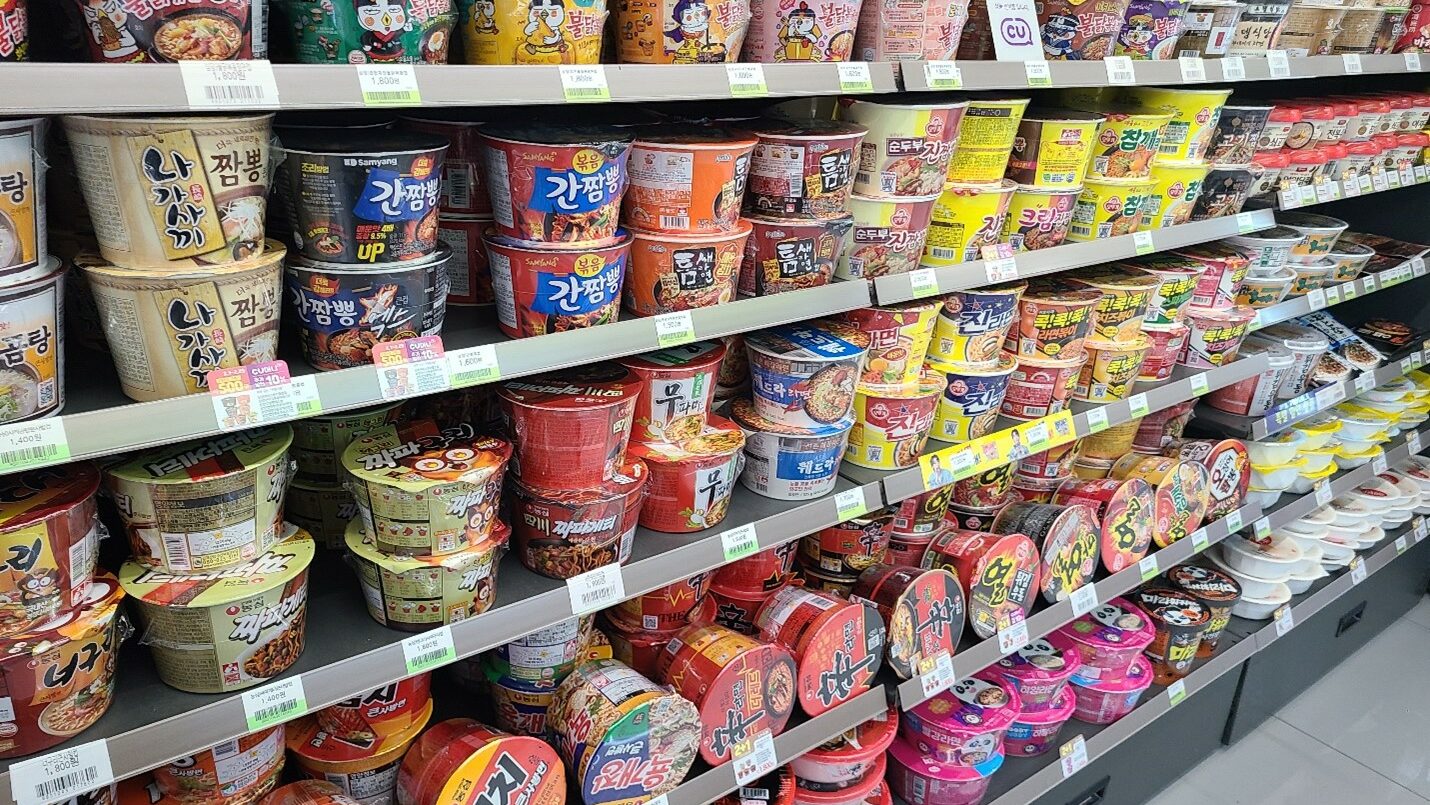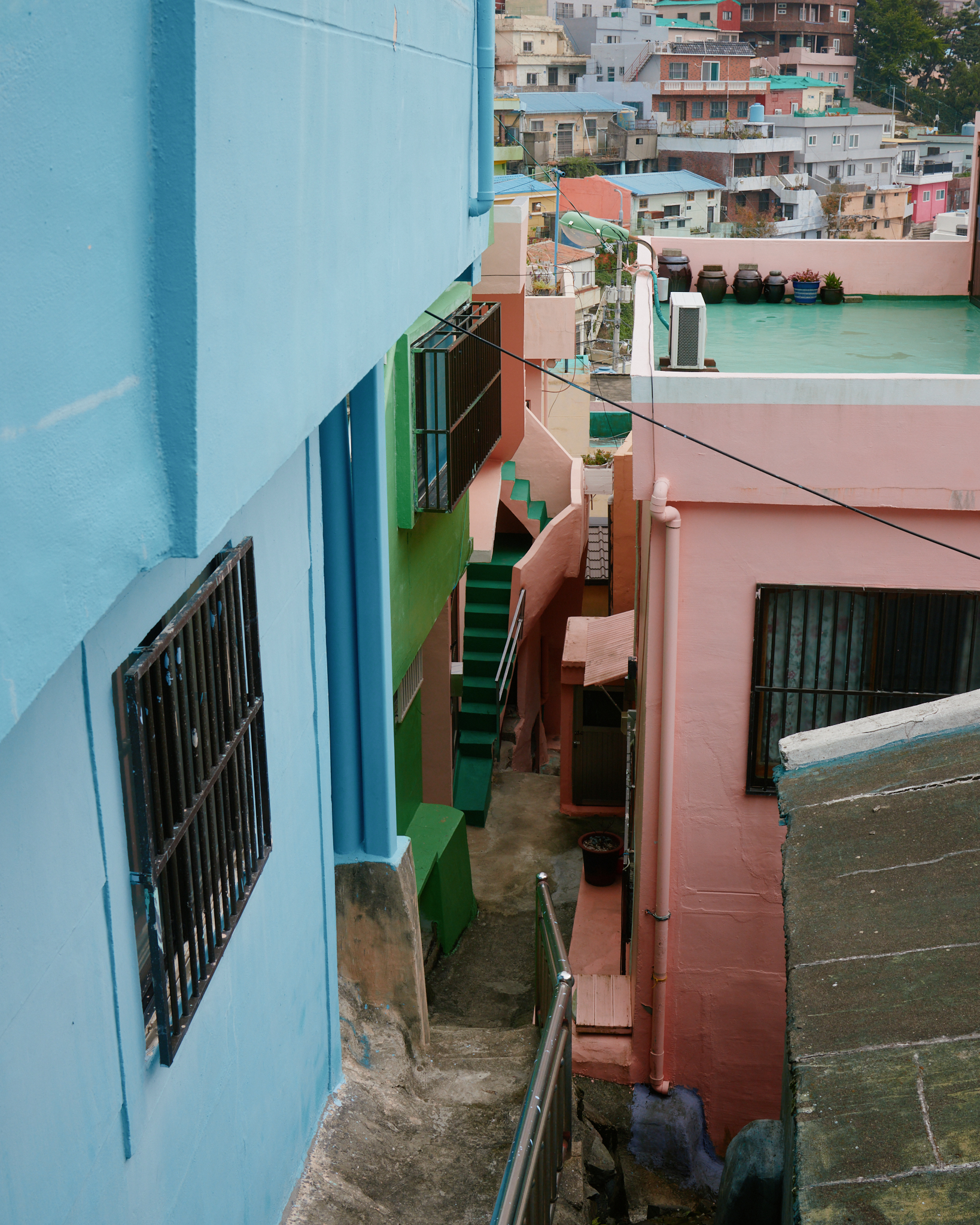Field notes: making kimchi with Netflix' famous monk

When Becky, one of the InsideAsia team, was offered the chance to join the Korean Tourism Office on a trip to South Korea – showcasing what it can be like for vegans to travel around a country famous for its meat-heavy BBQ-cuisine – she jumped at the chance.
Why? Well, first of all, to get clued up on ways we can craft perfect trips to South Korea for any vegan customers hoping to travel, making it as easy as possible to manage dietary requirements.
But also because the trip involved a truly special experience: making kimchi with Jeong Kwan at Baekyangsa temple.

Who is Jeong Kwan?
Jeong Kwan is a female Buddhist monk who has also become one of Asia’s most revered chefs.
Famously written about in the New York Times by food journalists, Jeong Kwan has also had an entire episode of the popular Netflix series, “Chef’s Table” devoted to her - and was the recipient of the Asia’s 50 Best Restaurants Icon Award in 2022.
She lives in the Chunjinam Hermitage at Baekyangsa temple in Korea's scenic Naejangsan National Park, cooking for fellow monks and, if you're extremely lucky, occasional visitors. And that’s exactly what Becky had the chance to take part in.
What was the experience like?
“Making kimchi with Jeong Kwan was a really different experience – and the reason it worked so well is because it wasn’t trying to be something it’s not”, Becky said.
“This was authentic, it was Korean, and it felt like I was actually participating in the culture. We were on a remote mountainside, making kimchi in kimjang season (kimchi making season), with a big group of monks. What more could you want?!”
What did we learn?
“Jeong Kwan talked a lot about how vegan culture shouldn’t be about restricting more and more things until your life gets narrower – but instead be about being open-minded and working with the world. She firmly believed that veganism is a ‘medicine’ that would ‘save her body’.
“She also explained how vegan temple food doesn’t include five pungent ingredients – garlic, onions, chives, spring onion, and leek – because they’re too invigorating and would disturb meditative practices.
“The kimchi here is completely vegan because they don’t use fish paste, and we made it by getting cabbages that’d been in brine, washing and tearing them, rubbing on a paste made with about 20 different ingredients, and then wrapping the leaves up like babies to ferment and be ready for the next year.”

Can I do this experience?
It’s quite rare for Jeong Kwan to cook with guests, but it does happen occasionally, so it’s worth keeping an eye out (or asking us to do so for you!)
Even if you don't manage to bag a slot with the Korean queen of cuisine, though, Baekyangsa’s Templestay Program is still well worth a visit. You'll take part in a walking meditation through the forest, using all five senses to discover your 'true self', as well as drink tea and chat with the monks.
Final thoughts
“This experience was special because it was focusing on an aspect of Korean culture that’s already vegan – rather than having to separate out or change activities because of dietary requirements.
“There are lots of ways to enjoy Korea if you’re vegan – it just takes a little pre-planning and some workarounds, which we’re always happy to help with!”



